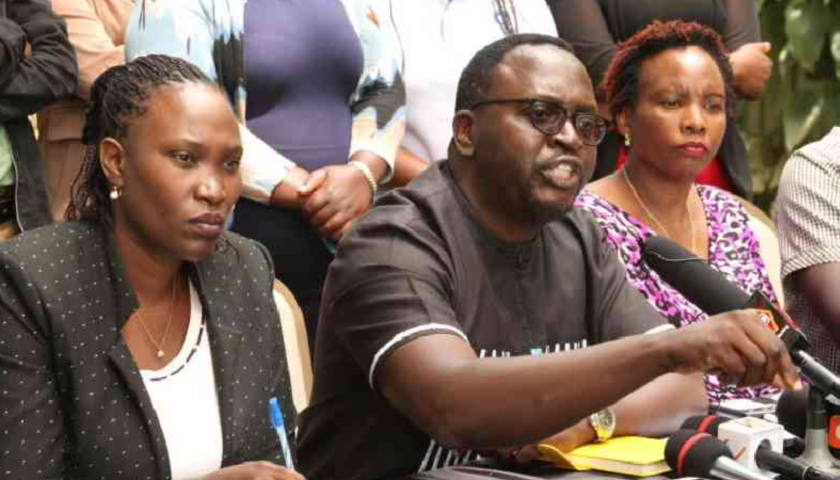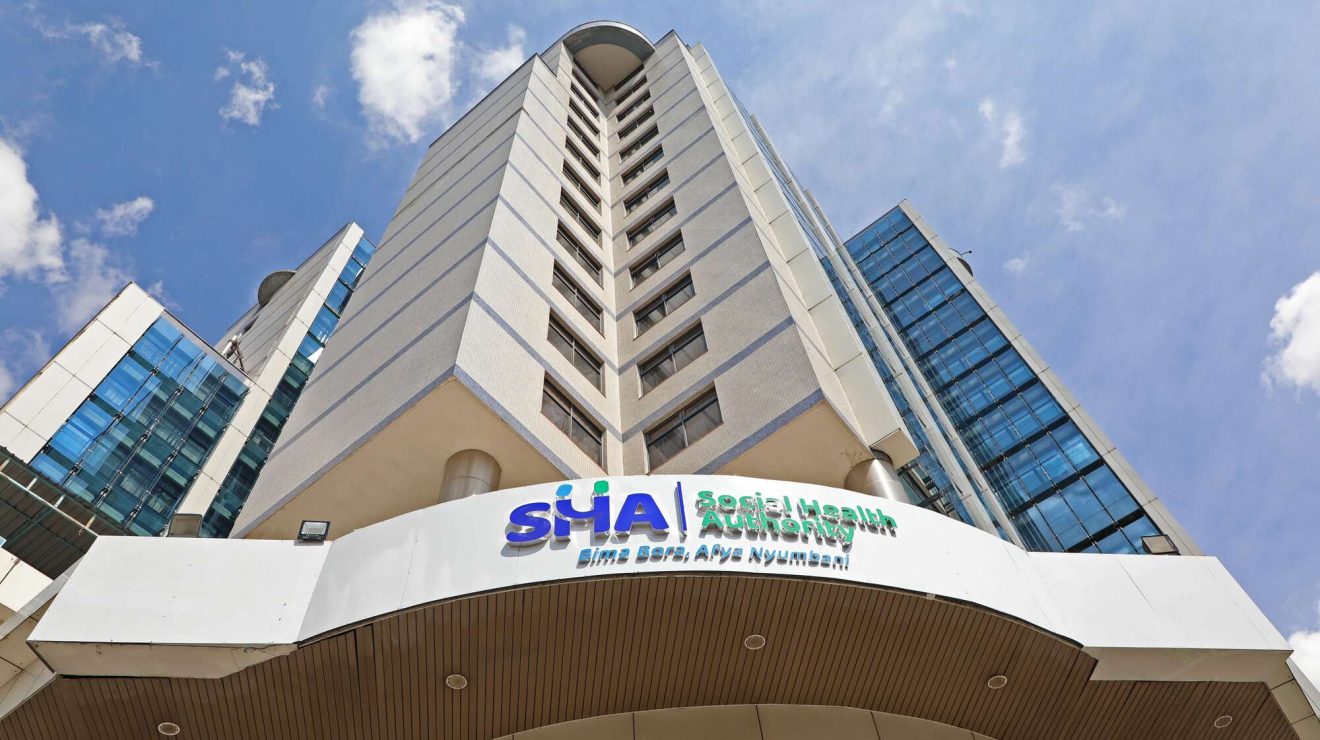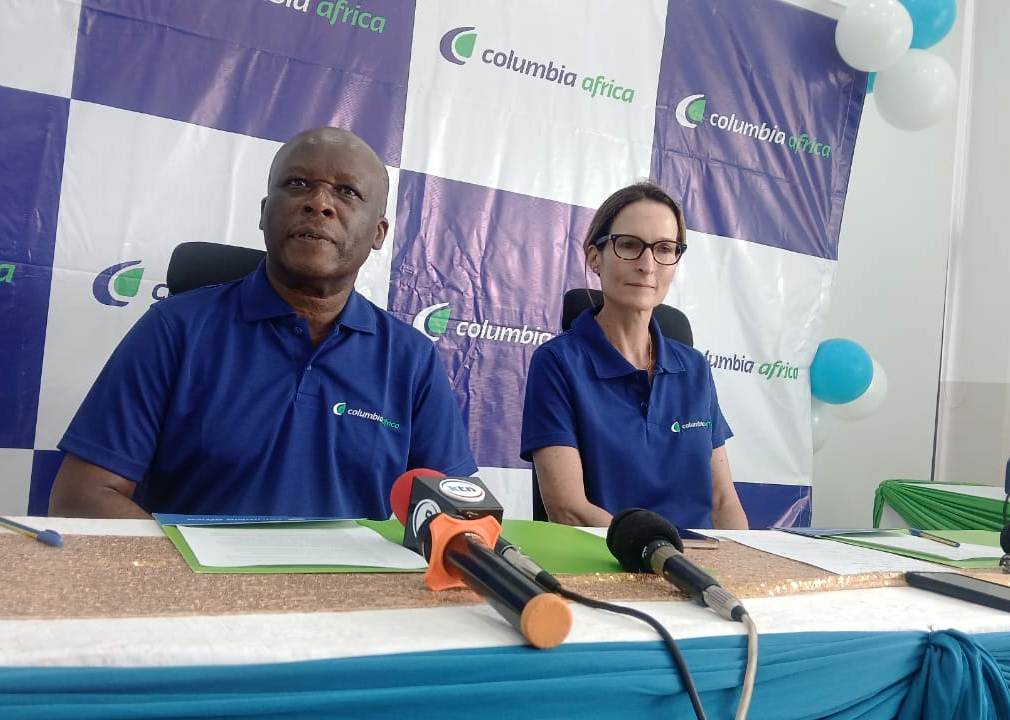The Rural-Urban Private Hospitals Association (RUPHA) chairman, Dr Brian Lishenga, has assured patients admitted under SHA or MAKL before today that they will continue receiving care under existing terms until their discharge. ‘Their treatment shall not be disrupted due to the suspension, including scheduled outpatient appointments made before 24th February 2025. These shall also be honoured under pre-existing terms,’ he said, urging facilities to track ongoing admissions and scheduled appointments to ensure smooth service continuity
The Rural-Urban Private Hospitals Association (RUPHA) has taken a conciliatory stance on the suspension of healthcare services under the Social Health Authority (SHA), which comes into effect on Monday, 24th February 2025.
Yesterday, the association announced that the suspension will not affect patients who had prior hospital arrangements before this date. However, those with hospital appointments scheduled after today will be required to seek alternative care elsewhere. Meanwhile, it has emerged that the actual amount owed to the facilities could be significantly higher than the Sh30.9 billion currently claimed.
In a bid to balance patient care with financial sustainability, RUPHA leadership has instructed hospitals under the association to continue providing emergency care to stabilise patients, in line with professional and ethical obligations. The association’s chairman, Dr Brian Lishenga, directed facilities to refer patients relying solely on their SHA or Medical Administrators Kenya Limited (MAKL) medical cover to a hospital of their choice once stabilised.

“Emergency cases shall not be denied care under any circumstances. This also applies to admitted patients and pre-scheduled appointments,” he stated yesterday at the association’s offices in the Industrial Area.
Dr Lishenga further assured that patients admitted under SHA or MAKL before today will continue receiving care under existing terms until their discharge. “Their treatment shall not be disrupted due to the suspension, including scheduled outpatient appointments made before 24th February 2025. These shall also be honoured under pre-existing terms,” he said, urging facilities to track ongoing admissions and scheduled appointments to ensure smooth service continuity.
To prevent misinformation and avoid unnecessary public panic, Dr Lishenga advised hospitals to follow a professional and procedural approach when notifying patients of the suspension. As part of this strategy, individual hospitals have been instructed not to issue public notices or social media announcements regarding the suspension. Instead, RUPHA will handle all external communication to prevent misinterpretation or accusations of “incitement.”
“Patients seeking MAKL or SHA services after 24th February 2025 shall be informed at the point of service that MAKL or SHA-funded care is temporarily unavailable,” Dr Lishenga stated. He also directed facilities to continue submitting claims for services rendered before today and ensure proper documentation to facilitate payment.
He emphasised that the structured suspension aims to protect both patients and healthcare providers from financial distress. “RUPHA remains open to engagement if the government commits to resolving these issues. Until then, hospitals must prioritise financial sustainability and patient safety,” he added.
However, concerns persist over the actual amount owed to the facilities, with RUPHA suggesting that the widely cited Sh30.9 billion could be an underestimate. Dr Lishenga confirmed that the association would escalate legal and arbitration efforts to demand settlement of unpaid National Health Insurance Fund (NHIF), MAKL, and SHA claims.
Criticising the government’s handling of the issue, Dr Lishenga expressed disbelief that discussions had been relegated to a WhatsApp group that includes key stakeholders in the healthcare sector. “I’m in a WhatsApp group with everyone—the peers, the CEO, all those guys; Digital Health Authority—and they expect us to discuss these critical issues there,” he remarked, questioning whether the Ministry and its agencies are even aware of the total outstanding debt owed to hospitals.
To his astonishment, the first action taken by the government in the group was to circulate a Google survey form asking facilities to list their NHIF debts. “This is a serious matter, and it only highlights why the entire SHA scheme is turning into a monumental circus,” he stated. Dr Lishenga also raised concerns that the government may be attempting to obscure the full extent of its liabilities. He noted that one reason cited for the confusion is the termination of the service provider that previously managed the NHIF system.
He insisted that, based on available hospital records, the government had an active contract with this service provider, who has since restricted access to NHIF data due to unresolved contractual disputes. “The dispute now is that the vendor has denied them access unless they settle the outstanding payments for the contract period,” he explained.
This uncertainty has left RUPHA-affiliated hospitals worried that their pending arrears could be erased along with the restricted records—forcing them to write off millions in unpaid claims.





